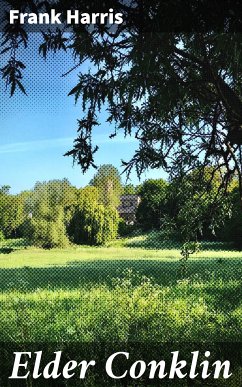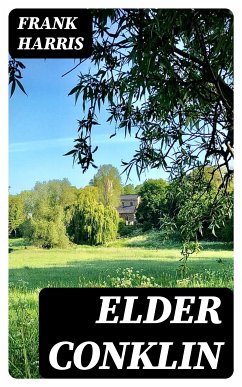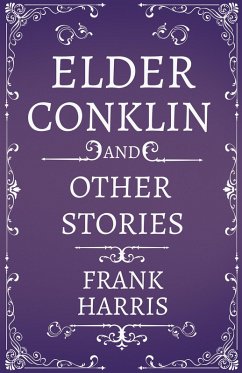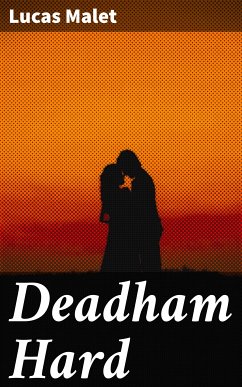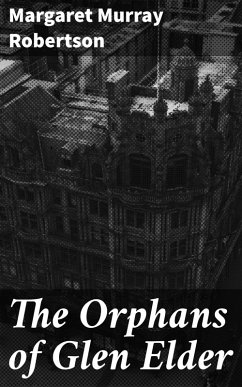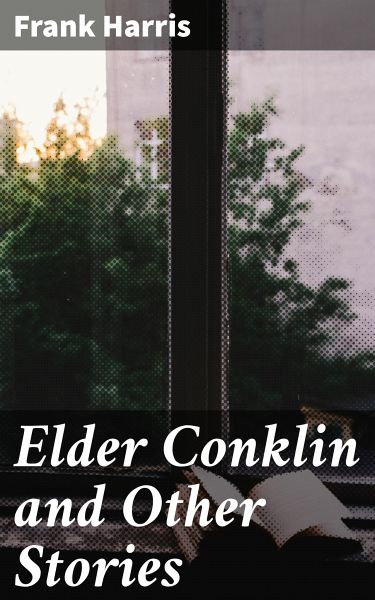
Elder Conklin and Other Stories (eBook, ePUB)
Exploring Love and Loss in Turn-of-the-Century Rural America

PAYBACK Punkte
0 °P sammeln!
In "Elder Conklin and Other Stories", Frank Harris weaves a rich tapestry of narrative that explores the complexities of human nature against a backdrop of early 20th-century America. The collection reveals the intricacies of life through its vivid characters and their moral dilemmas, often immersed in a candid portrayal of society's underbelly. Harris employs a direct and engaging literary style, marked by his characteristic irreverence and sharp wit, thereby immersing readers in the emotional depths and societal observations of his characters. The themes of ambition, lust, and confrontation ...
In "Elder Conklin and Other Stories", Frank Harris weaves a rich tapestry of narrative that explores the complexities of human nature against a backdrop of early 20th-century America. The collection reveals the intricacies of life through its vivid characters and their moral dilemmas, often immersed in a candid portrayal of society's underbelly. Harris employs a direct and engaging literary style, marked by his characteristic irreverence and sharp wit, thereby immersing readers in the emotional depths and societal observations of his characters. The themes of ambition, lust, and confrontation with societal norms resonate throughout, shedding light on the human condition during a transformative period in history. Frank Harris, a controversial figure known for his outspoken views and eclectic career as a journalist and playwright, brings his unique perspective to this collection. Having traversed various cultural landscapes'Äîfrom journalism in London to literary circles in America'ÄîHarris's deep understanding of both the societal tensions and the intimate struggles of individuals enriches his storytelling. His own life experiences often manifest in the scenarios he depicts, adding layers of authenticity to his characters' journeys. "Elder Conklin and Other Stories" is a must-read for those interested in early 20th-century literature, providing not just entertainment but a profound exploration of morality and society's failings. Harris's unapologetic style invites readers to confront their own perceptions, making this collection a timeless addition to the canon of American literature.
Dieser Download kann aus rechtlichen Gründen nur mit Rechnungsadresse in A, B, BG, CY, CZ, D, DK, EW, E, FIN, F, GR, H, IRL, I, LT, L, LR, M, NL, PL, P, R, S, SLO, SK ausgeliefert werden.




